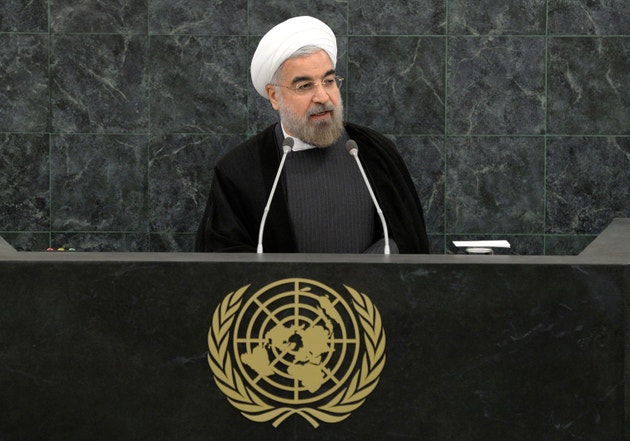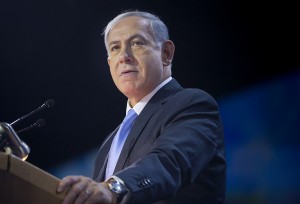Agreement Reached on Limiting Iran’s Nuclear Program
Thursday, July 16th, 2015July 16, 2015
On Tuesday, July 14, Iran agreed to limit its nuclear program in return for relief from international sanctions. The landmark agreement followed months of intense negotiations (and years of difficult diplomacy) between Iran and the United States, China, France, Germany, Russia, and the United Kingdom. The global goal of the agreement—to prevent Iran from building a nuclear weapon—was reached, as was Iran’s goal, the lifting of crippling economic sanctions.
Iran first bragged about its newly achieved nuclear capabilities in 2002, raising alarms around the world—specifically with the International Atomic Energy Agency (IAEA). The IAEA is the nuclear watchdog of the United Nations (UN). Iran claimed their atomic aim was peaceful (the creation of electric power, for instance), but international doubt forced economic sanctions on Iran until the nation could prove its good intentions. Decades of Islamic extremism, petroleum maneuvering, and general belligerence toward the Western world had isolated Iran. The Iranian and U.S. governments have not had regular diplomatic relations since the hostage crisis that began in 1979. The United States and many other countries—France, Germany, and the United Kingdom included—consider Iran a “rogue nation”—that is, a nation that ignores international law and supports terrorism.
A few recent major events brought Iran and the United States (the nation Iran tends to target most often in speeches) closer to a truce. First was the election of President Barack Obama in 2008. After years of U.S. diplomatic poison, Obama’s corps began sending reconciliatory feelers Iran’s way. Those feelers went largely ignored until February 2013, when Iran’s economic malaise finally brought them to the negotiating table in secret. Those opening talks—revealed months later—were part of a larger liberal ground swell in Iran that led to the election in June 2013 of President Hassan Rouhani, a moderate cleric (religious leader) and—crucially—a former Iranian representative and negotiator with the IAEA. In November, just three months after Rouhani took office, Iran and the West made their relationship public with the announcement of a tentative nuclear agreement. This “promise to promise” lifted the first series of economic sanctions on Iran.

Iranian President Hassan Rouhani speaks at the United Nations General Assembly in New York City in September 2013. © Mike Segar, Reuters/Landov
In March 2014, very public negotiations began between Iran and the “P5+1,” the permanent members of the UN Security Council: the United States, China, France, Russia, and the United Kingdom + Germany. The P5+1 aren’t all the best of friends, but they all acknowledged that an agreement with Iran was in the world’s best interest. So they put differences aside—with Iran and with each other—and reached this monumental diplomatic agreement. The devil is in the details, of course, and time will tell if the deal lives up to its hype, but it is without question a giant step in the right direction.
There is an important aside to all this new-found friendship: the cataclysmic 2014 emergence of the terrorist group, the Islamic State—also called the Islamic State in Iraq and Syria (ISIS), among other things. Iraq and Syria are next door to Iran, and the Islamic State threat has brought Iranian and U.S. military people together on the ground. It took real terror (not supposed or potential or imagined) to make that happen.



